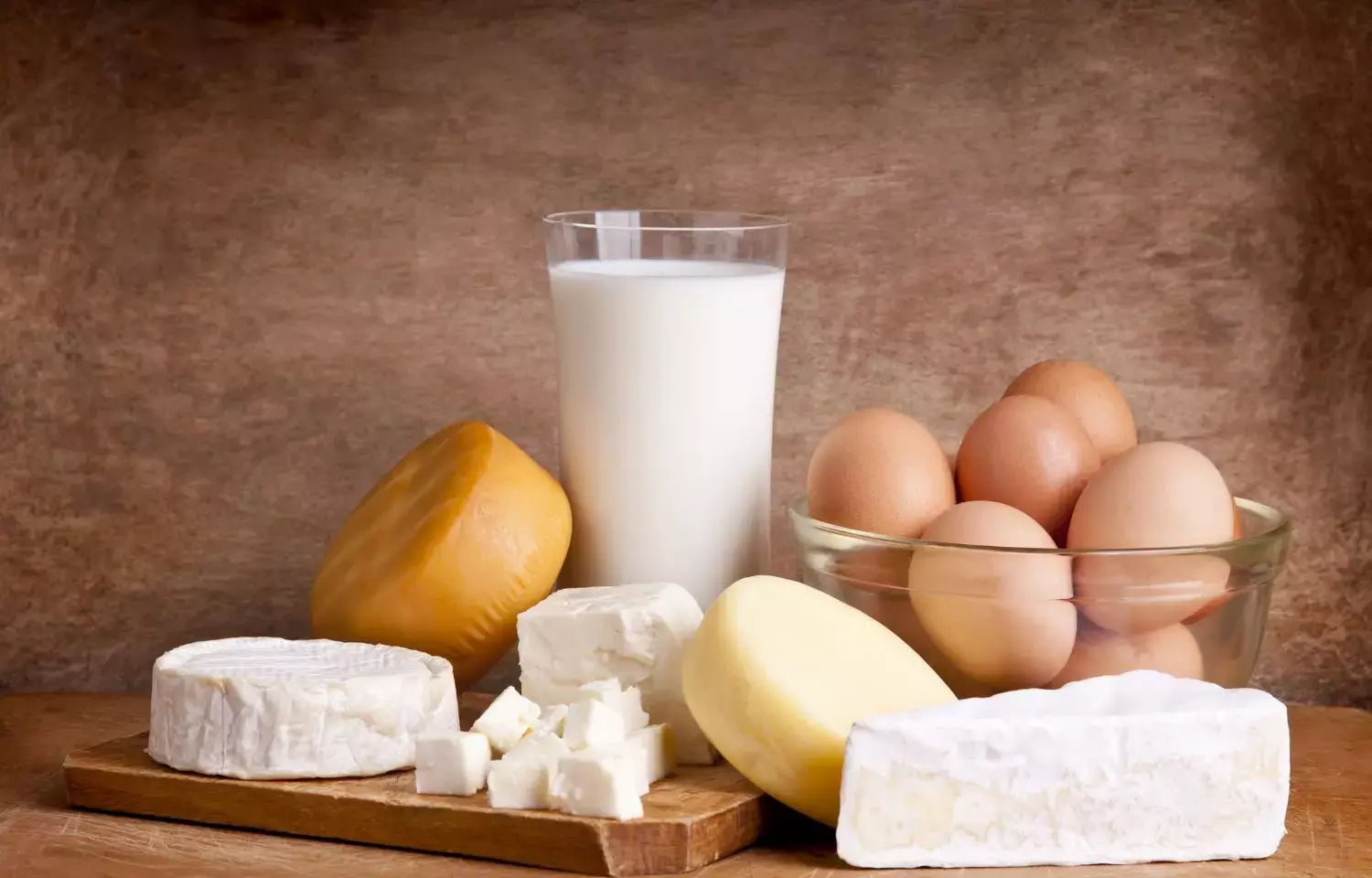- Home
- Medical news & Guidelines
- Anesthesiology
- Cardiology and CTVS
- Critical Care
- Dentistry
- Dermatology
- Diabetes and Endocrinology
- ENT
- Gastroenterology
- Medicine
- Nephrology
- Neurology
- Obstretics-Gynaecology
- Oncology
- Ophthalmology
- Orthopaedics
- Pediatrics-Neonatology
- Psychiatry
- Pulmonology
- Radiology
- Surgery
- Urology
- Laboratory Medicine
- Diet
- Nursing
- Paramedical
- Physiotherapy
- Health news
- Fact Check
- Bone Health Fact Check
- Brain Health Fact Check
- Cancer Related Fact Check
- Child Care Fact Check
- Dental and oral health fact check
- Diabetes and metabolic health fact check
- Diet and Nutrition Fact Check
- Eye and ENT Care Fact Check
- Fitness fact check
- Gut health fact check
- Heart health fact check
- Kidney health fact check
- Medical education fact check
- Men's health fact check
- Respiratory fact check
- Skin and hair care fact check
- Vaccine and Immunization fact check
- Women's health fact check
- AYUSH
- State News
- Andaman and Nicobar Islands
- Andhra Pradesh
- Arunachal Pradesh
- Assam
- Bihar
- Chandigarh
- Chattisgarh
- Dadra and Nagar Haveli
- Daman and Diu
- Delhi
- Goa
- Gujarat
- Haryana
- Himachal Pradesh
- Jammu & Kashmir
- Jharkhand
- Karnataka
- Kerala
- Ladakh
- Lakshadweep
- Madhya Pradesh
- Maharashtra
- Manipur
- Meghalaya
- Mizoram
- Nagaland
- Odisha
- Puducherry
- Punjab
- Rajasthan
- Sikkim
- Tamil Nadu
- Telangana
- Tripura
- Uttar Pradesh
- Uttrakhand
- West Bengal
- Medical Education
- Industry
Calcium may have protective effect against colorectal cancer, reports research

A new study published in the journal of Nature Communications showed that calcium is mostly responsible for the protective effects of dairy products against colorectal cancer. With an expected 1,926,425 incident cases in 2022, colorectal cancer ranks third globally in terms of cancer incidence. Despite the rates in lower incidence areas seem to be rising, the incidence rates vary significantly, with higher rates in high-income countries (Europe, North America, Australia, New Zealand, and Japan) and lower rates in low-income countries (Africa and South Asia).
The red meat is classified as probably carcinogenic (Group 2A) and alcoholic beverages and processed meat as cancer-causing to humans (Group 1) by the International Agency for Research on Cancer (IARC). The evidence supporting this classification is based primarily (red and processed meat) or partially (alcohol) on the results for colorectal cancer.
The comparatively very few number of studies that publish comprehensive results on all food types, dietary measurement error, and/or small sample sizes may be contributing factors to the lack of agreement regarding the associations among dietary factors apart from alcohol and processed meat and colorectal cancer risk. A diet-wide connections study was used to analyze 97 dietary factors and subsequent colorectal cancer risk in order to address some of these limitations.
This research employed data from a large prospective study of 542,778 UK women who finished a detailed dietary questionnaire, of whom 7% also completed a minimum of one subsequent 24-hour online dietary assessment. Intakes of calcium (per 300 mg/day=0.83, 0.77–0.89) and alcohol (relative risk per 20 g/day=1.15, 95% CI 1.09-1.20) showed the highest correlations, followed by 6 dairy-related covariates linked to calcium.
Also, this study found lesser inverse relationships with morning cereal, wholegrains, fruit, carbs, total sugars, fiber, folate, and vitamin C, and a positive connection with consumption of red and processed meat. The risk of colon, colorectal, and rectal cancers was negatively correlated with milk drinking, as anticipated by genetics.
Upon closer examination, these connections seemed to be mostly caused by the associations of dietary components with calcium. Also, additional investigation of genetically predicted milk intake, which is likely to also reflect calcium intake, offered more evidence for a possible causative role of calcium in the risk of colorectal cancer.
Overall, this research discovered a robust negative relationship between calcium and colorectal cancer and a marked positive correlation between alcohol and diet in this extensive prospective analysis. Other dairy-related variables, such as dairy milk, riboflavin, yogurt, phosphorus, magnesium, and potassium, also showed inverse relationships.
Source:
Papier, K., Bradbury, K. E., Balkwill, A., Barnes, I., Smith-Byrne, K., Gunter, M. J., Berndt, S. I., Le Marchand, L., Wu, A. H., Peters, U., Beral, V., Key, T. J., & Reeves, G. K. (2025). Diet-wide analyses for risk of colorectal cancer: prospective study of 12,251 incident cases among 542,778 women in the UK. In Nature Communications (Vol. 16, Issue 1). Springer Science and Business Media LLC. https://doi.org/10.1038/s41467-024-55219-5
Neuroscience Masters graduate
Jacinthlyn Sylvia, a Neuroscience Master's graduate from Chennai has worked extensively in deciphering the neurobiology of cognition and motor control in aging. She also has spread-out exposure to Neurosurgery from her Bachelor’s. She is currently involved in active Neuro-Oncology research. She is an upcoming neuroscientist with a fiery passion for writing. Her news cover at Medical Dialogues feature recent discoveries and updates from the healthcare and biomedical research fields. She can be reached at editorial@medicaldialogues.in
Dr Kamal Kant Kohli-MBBS, DTCD- a chest specialist with more than 30 years of practice and a flair for writing clinical articles, Dr Kamal Kant Kohli joined Medical Dialogues as a Chief Editor of Medical News. Besides writing articles, as an editor, he proofreads and verifies all the medical content published on Medical Dialogues including those coming from journals, studies,medical conferences,guidelines etc. Email: drkohli@medicaldialogues.in. Contact no. 011-43720751


